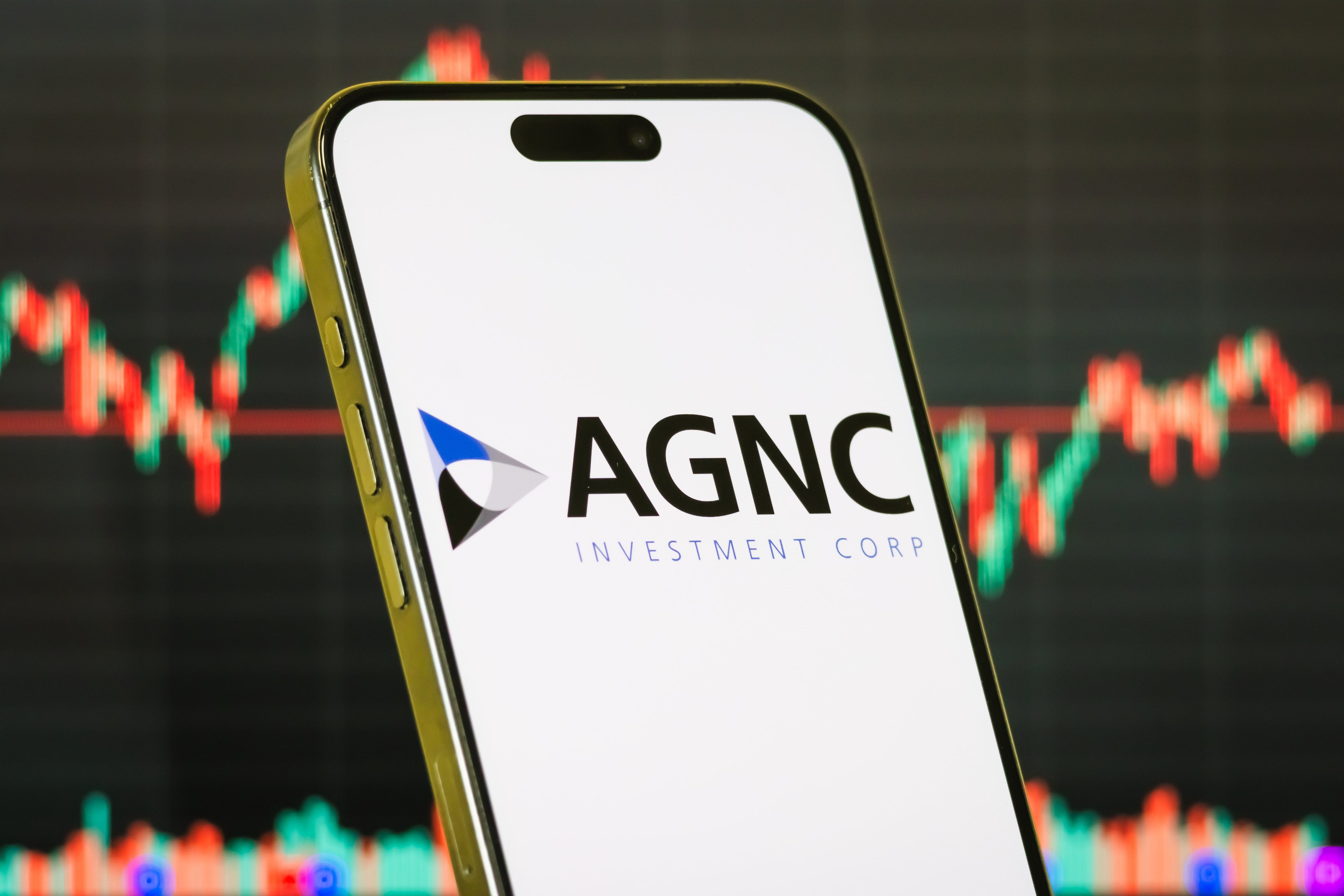If you're looking for easy ways to pump up your passive income stream, you may have noticed some stocks out there offer dividend yields at double-digit percentages.
One that gets a lot of attention is mortgage-focused real estate investment trust (mREIT) AGNC Investment (AGNC +1.79%). When markets opened on June 11, the stock was offering a 15.3% dividend yield.

NASDAQ: AGNC
Key Data Points
AGNC's yield is so high that you could receive your entire principal back in the form of monthly dividend payments in less than five years. Of course, that's only if the company can maintain its payout.
Prologis (PLD +0.77%) and Realty Income (O 0.21%) have been offering dividend yields that aren't half as high as AGNC Investment's. Despite the lower payouts up front, there's a good chance these two will deliver more passive income over the long run.

Image source: Getty Images.
A consistent dividend track record
Income-seeking investors want consistency from their stocks, but not the sort of consistency they get from AGNC Investment. The mortgage REIT has lowered its dividend payout three times over the past 10 years.
Instead of investing in real estate, AGNC Investment and its mREIT peers buy mortgage-backed securities (MBS). The mortgages in this mREIT's MBS portfolio are nearly always backed up by government agencies in the event of a default. Agency backing makes the portfolio somewhat resilient to economic downturns, but there isn't much the company can do about shifting interest rates.
In a nutshell, mREITs borrow at relatively low short-term rates and use that capital to invest in MBS that pay higher rates over longer periods. It usually goes well, right up until the Federal Reserve rapidly alters interest rates.
When interest rates rise, AGNC's short-term borrowing costs rise. At the same time, prices for existing securities in AGNC's MBS portfolio can plummet.
AGNC Investment and mREITs, in general, employ a lot of leverage. When MBS values drop, the company can be forced to sell portions of its portfolio at fire-sale prices to boost liquidity and satisfy lenders. This is why, despite being a well-run business, AGNC is known for lowering its dividend payout, not raising it.
AGNC Dividend data by YCharts
The consistent gains investors want
Shares of Realty Income and Prologis almost never fall so low that their dividend yields reach a double-digit percentage. Long-term investors who bought shares of either of these stocks, though, have outperformed folks who bought AGNC Investment by a mile.
Despite a global pandemic, relatively stable interest rates made the past decade a relatively good time to be an mREIT. However, even if we add up dividends received over the past 10 years, long-term AGNC investors realized a disappointing 65.6% total return during the 10-year period ended June 10.
Realty Income's stock price rose by less than 30% over the same 10-year period. If we include Realty Income's steadily rising dividend payments, though, the stock produced a 101.3% total return.
Prologis' focus on logistics real estate, which e-commerce businesses rely on, served it extremely well during the COVID-19 pandemic. The company raised its dividend payout by a whopping 152.5% during the decade ended June 10. Thanks to all those payout bumps, Prologis investors outperformed the S&P 500 (^GSPC +0.65%) with an outstanding 272.9% total return.
AGNC Dividend data by YCharts
Why Prologis and Realty Income can keep winning
Realty Income has been raising its dividend payout on a regular basis since it bought its first property in 1970. It became a publicly traded company in 1994, and its monthly dividend payment has risen every quarter since.
Prologis doesn't have a dividend-raising streak as long as Realty Income's, but it hasn't had to lower its payout since 2009. Since 2013, its payout has grown every year like clockwork. At recent prices, it offers a 3.7% yield.
Investors can confidently expect significant payout raises over the next several years from Prologis. With 95.2% of its 1.3 billion-square-foot logistics real estate portfolio rented out at the end of March, the net lease REIT won't have any trouble raising its dividend commitment in the quarters ahead.
Management expects core funds from operations (FFO), a proxy for earnings used to evaluate REITs, to land in a range between $5.65 and $5.81 per share this year. That's more than enough to maintain and boost a dividend payout set at just $4.04 annually.
Like Prologis, Realty Income is a net lease REIT that passes all the variable costs of building ownership to its tenants. With a retail portfolio full of convenience stores and other spaces that aren't particularly vulnerable to e-commerce, it boasted 98.5% occupancy at the end of March.
At recent prices, Realty Income offers a 5.6% dividend yield that will almost certainly rise higher in the years ahead. The company expects adjusted FFO to land in a range between $4.22 to $4.28 per share this year. This is more than enough to maintain and raise a payout currently set at $3.22 per share.
Prologis and Realty Income boast industry-leading credit ratings, which translates to lower borrowing costs than their peers. These REITs have been active for decades, but most companies still own most of the buildings they need to operate. With advantageous borrowing costs and a huge addressable market, these two leaders could continue their dividend-raising streaks for decades to come.










